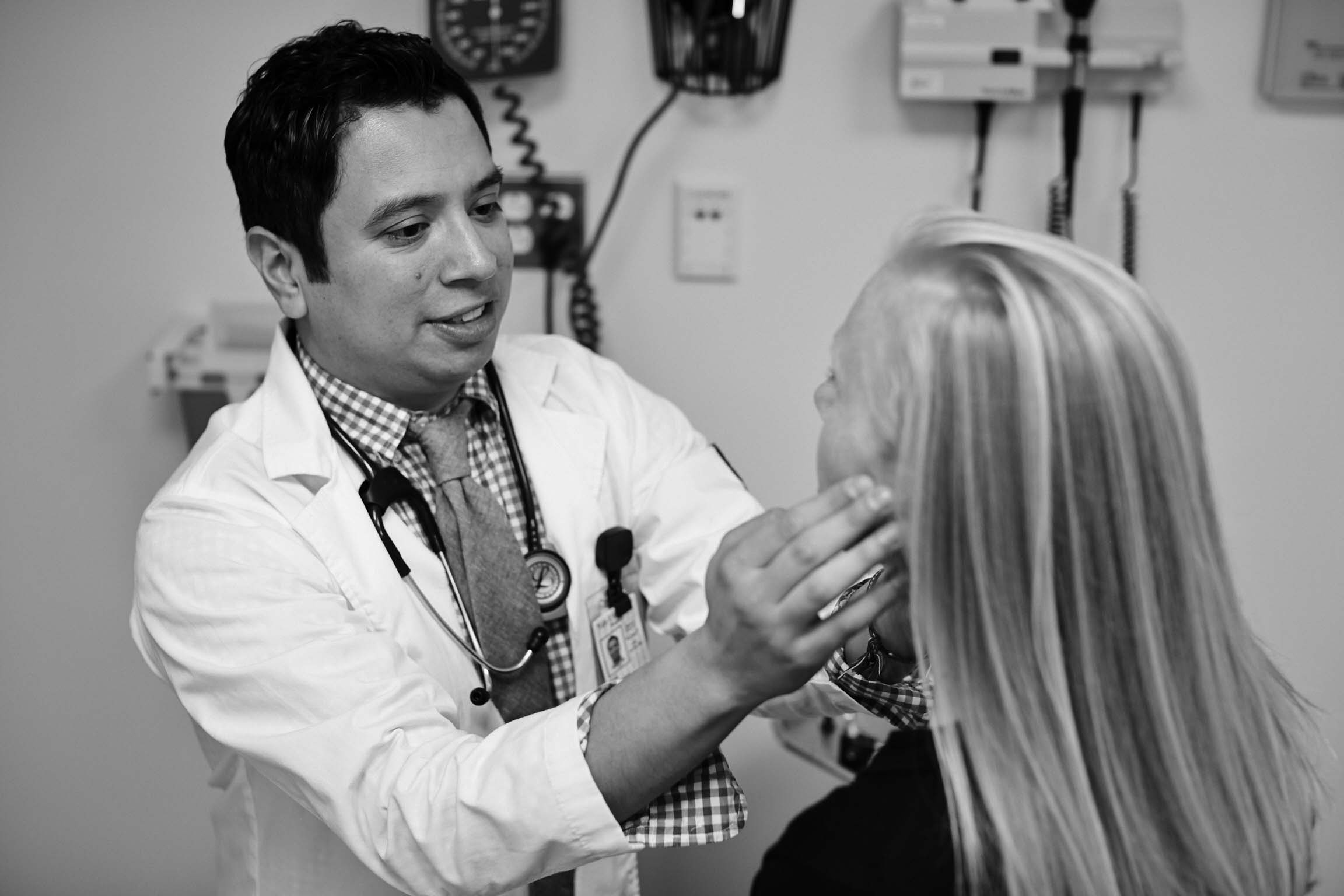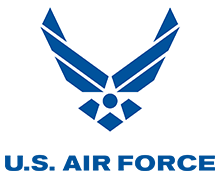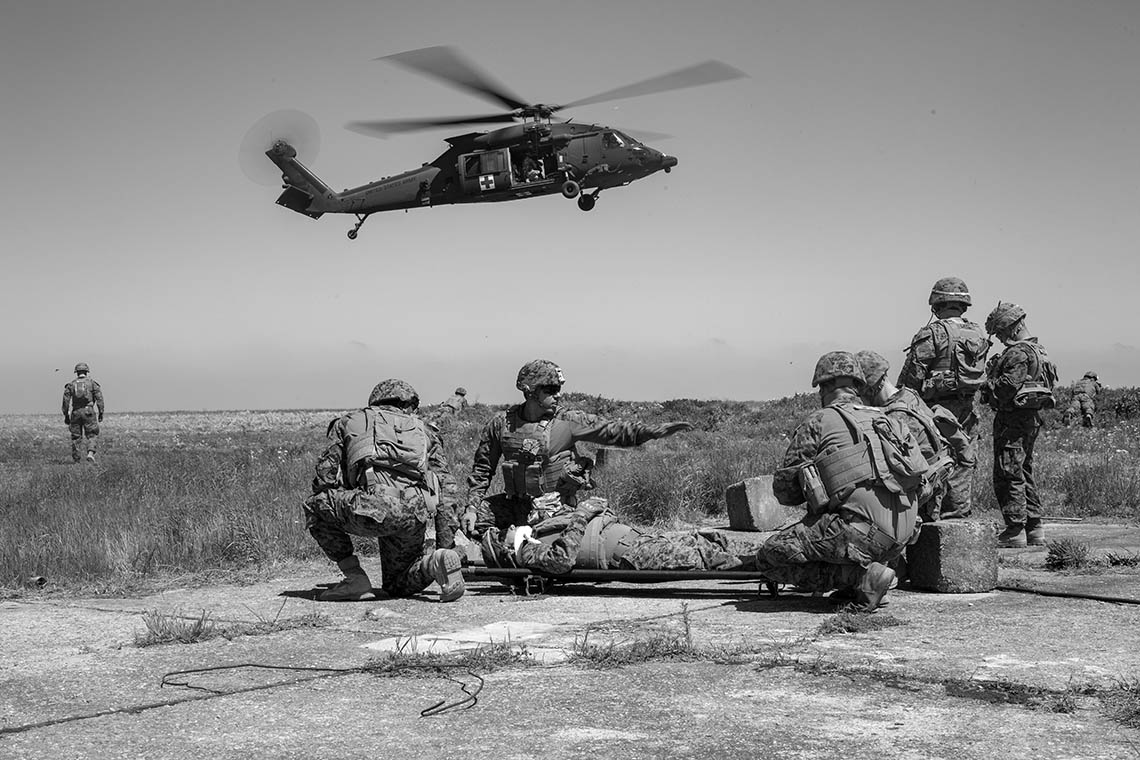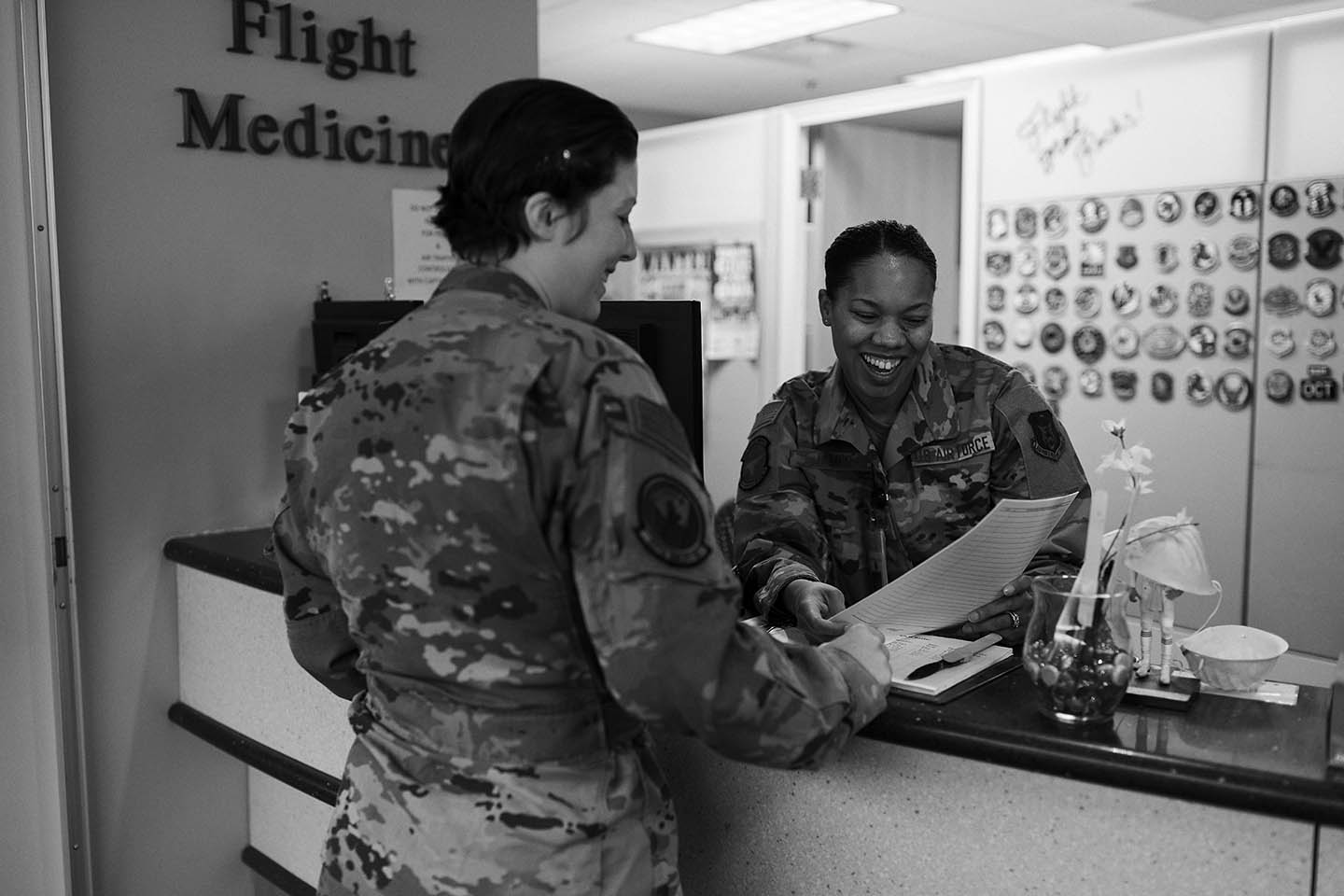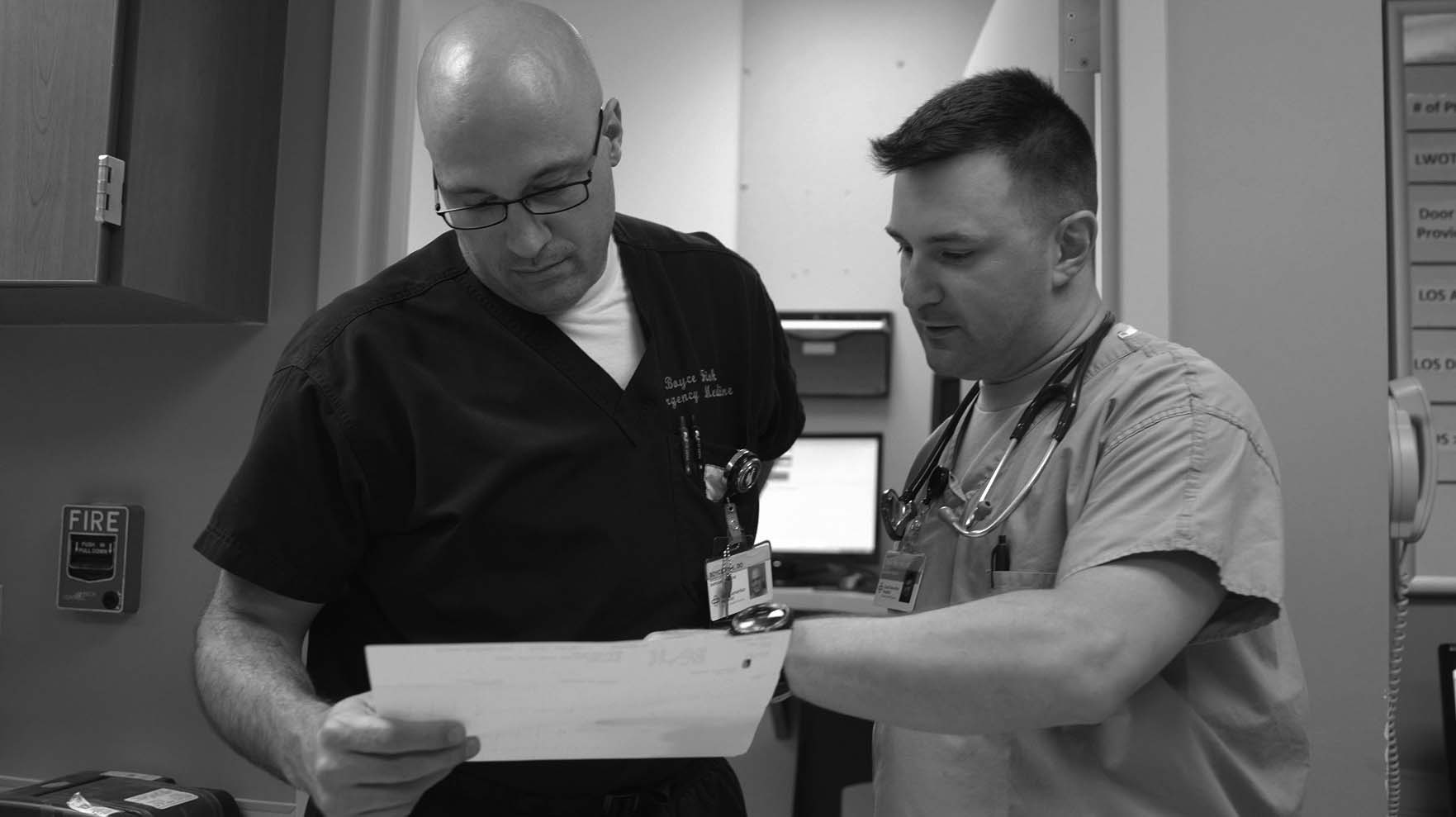
- FAQs
- |
Applying + What to Expect

As you begin to consider the path to becoming a military physician, learning more about the requirements and application process will help you understand what to expect and how to best prepare for a career in the Military.
Eligibility Requirements
Medical School Programs
Medical Residency Programs
Licensed Physician Options
Part-Time Service Options
Explore Your Options
Select the category that best fits you and see the opportunities the Military has to offer.
The Military offers several avenues to explore a medical career that cover medical school costs in exchange for a service commitment. If you elect to join the Military through one of these programs, not only will you receive funding for education, but you will also gain unique training experiences that can set you apart from civilian peers.
HPSP »
The Health Professions Scholarship Program covers the cost of civilian medical school, provides training opportunities and can be used at any accredited medical school in the United States.
USU »
Known as “America's Medical School,” the Uniformed Services University of the Health Sciences offers world-class medical training, including leadership development and training in global health and medical diplomacy.
Part-Time Service »
If you are interested in attending a civilian medical school, you may be able to participate in the Medical and Dental Student Stipend Program, which offers monthly compensation in exchange for part-time service in either the Reserve or Guard.
If you are already a medical student, it isn't too late to join a physician officer commissioning program and receive a scholarship for the remainder of your schooling. You could also serve part time in exchange for drill pay and additional training as a member of the Reserve and Guard.
HPSP »
The Health Professions Scholarship Program covers the cost of civilian medical school, provides extra training opportunities and can be used at any accredited medical school in the United States (Minimum service obligation is three [3] years.)
Financial Aid »
Students in their last year of medical school may be interested in the Financial Assistance Program (FAP), which provides a monthly stipend and an annual grant in exchange for a service commitment. The stipend and grant amounts may change over time, but your recruiter will have the latest, most up-to-date amounts. Participants must also attend an accredited residency in a specialty that the Military considers critical. Note: this may change based on current needs of the Armed Forces.
Part-time Service »
If you are already accepted to a civilian medical school, you can participate in the Reserve and Guard's Medical and Dental Student Stipend Program, which offers monthly compensation in exchange for part-time service.
As a resident, you will be immersed in your medical specialty, but it may help to know that you can further bolster your training through military service. You can also participate in the Financial Assistance Program, which helps pay for your residency, or you can participate in programs specific to the Reserve or Guard.
Financial Aid for Residents »
The Financial Assistance Program provides a monthly stipend and an annual grant on top of normal residency pay in exchange for a service commitment. The stipend and grant amounts may change over time, but your recruiter will have the latest, most up-to-date amounts. Participants must attend an accredited residency in a specialty that the Military considers critical. Note: this may change based on current needs of the Armed Forces.
Part-Time Service »
If you are already accepted to a civilian residency program, you can participate in the Specialized Training Assistance Program (STRAP) or Training in Medical Specialties (TMS) program, each of which offers monthly compensation in exchange for part-time service in either the Reserve or Guard.
As a licensed physician, you can serve in the Military regardless of where you are in your civilian career. You could join the Military full time, or you could maintain your civilian practice while serving part time as a member of the Reserve or Guard.
Flexible Service Options »
You can serve either full-time on Active Duty or part-time in the Reserve or Guard, which will allow you to maintain your civilian practice. Depending on your training, experience and skills, you typically enter the Military at the rank of captain or major in the Army and Air Force or lieutenant or lieutenant commander in the Navy.
